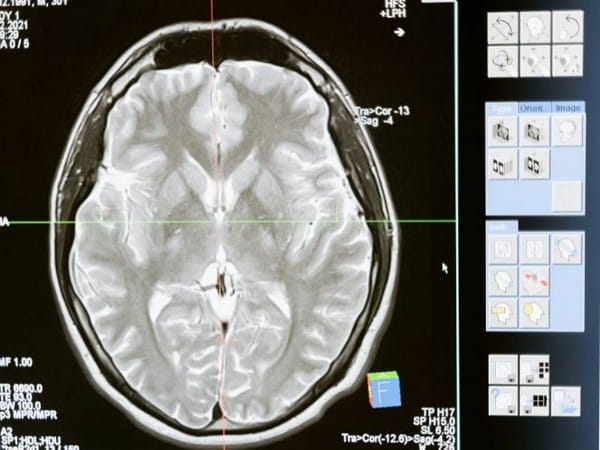California [US], December 22 (ANI): The Huntington’s disease mutation has been linked to developmental deficiencies in the brain’s oligodendrocyte cells brought on by abnormalities in metabolism by a research team headed by the University of California, Irvine. They discovered that large dosages of biotin and thiamine can restore regular functions.
OL cells generate the insulating coating around neurons, called myelin. The study, published online in the journal Nature Communications, provides detailed insight into the entire process of how these changes in the genes that regulate cell metabolism impair development of OLs, as well as the therapeutic value of treating HD with high doses of thiamine and biotin. Thiamine and biotin are both B vitamins and are involved in a wide range of metabolic processes that help keep the nervous system healthy.
“Our findings validate that the mutation that causes HD leads to maturation deficits in the myelin-producing cells and show that high-dose thiamine and biotin treatment restores normal function of those cells,” said Leslie Thompson, Ph.D., co-corresponding author and Donald Bren and Chancellor’s professor in the departments of psychiatry & human behavior and biological chemistry at the UCI School of Medicine, and neurobiology & behavior in the School of Biological Sciences.
Using advanced modeling methods, researchers confirmed that in mouse and human HD brain tissue, the maturation state of OL cells and their precursors are arrested in intermediate development, impairing production of the myelin that is critical for neuronal health and function. They found that high doses of thiamine and biotin were connected to significant rescue of gene expression changes in OL cells.
“The mechanisms of HD OL pathology and how these changes occur haven’t been fully understood,” said Ryan Lim, Ph.D., study co-first author and MIND Research Unit project scientist. “Our next steps will be to longitudinally track the effects of thiamine and biotin treatment on HD mice, so that we can further clarify those molecular and cellular processes, assess the efficacy of this therapeutic approach and identify other targets that may benefit HD patients.” (ANI)
This report is auto-generated from ANI news service. ThePrint holds no responsibility for its content.






